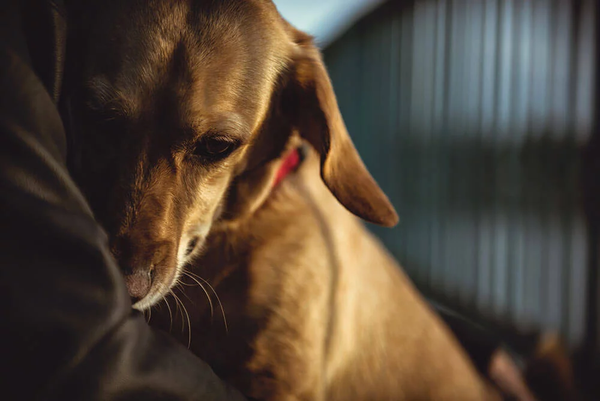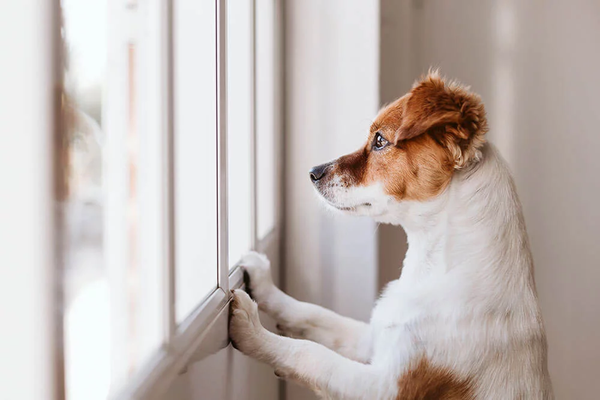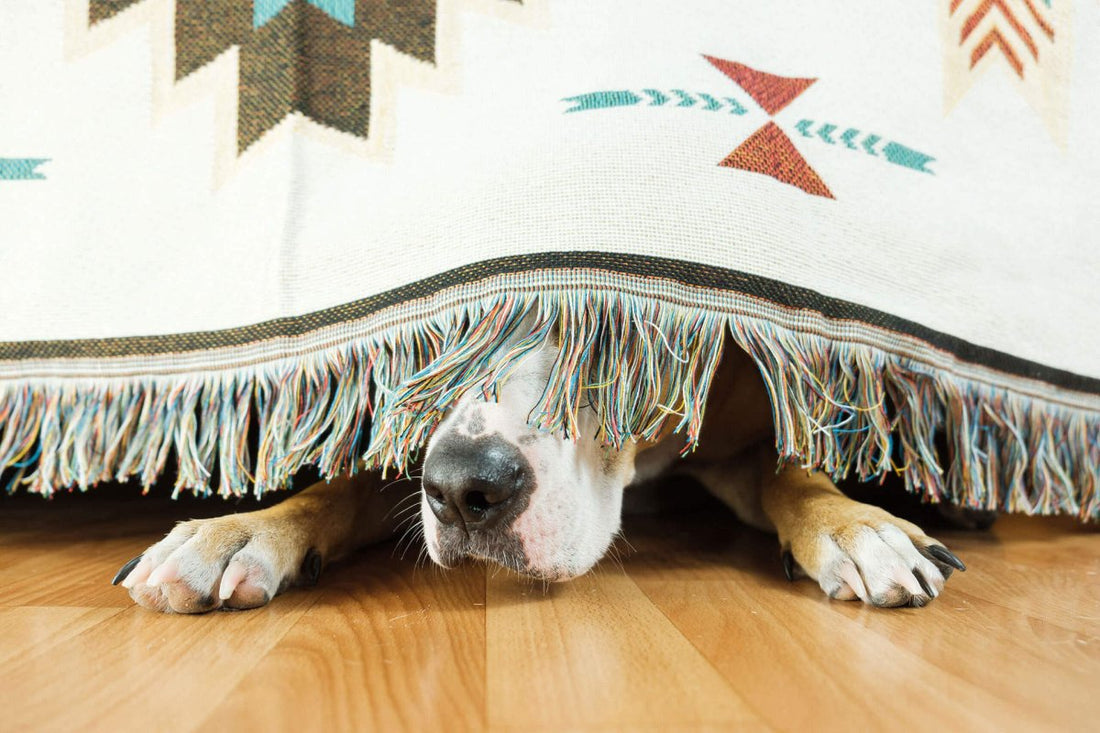The relaxed dog – training or does it depend on the breed?
The ideal image of every dog owner is probably a well-behaved, relaxed dog. But the reality is often somewhat different: whether fear of loud noises, hectic movements, strangers or passing cars - some four-legged friends react by shaking, barking loudly or even trying to escape.
Some dog breeds are considered more relaxed than others. However, the main reason for a fearful or nervous dog usually lies in early training. If the dog has not been exposed to unusual or loud noises as a puppy, for example because it grew up in isolation, there is a high probability that they will frighten it.

What to do if the dog is anxious?
Dog owners should get their four-legged friends used to different noises and situations as early as possible. In most cases, a competent dog school can help with this. The cause of fear-related situations varies from dog to dog. One reacts with stress symptoms when visiting the vet, another has problems being left alone.
In some cases, a sedative can be used. For example, if a dog shows signs of stress during New Year's Eve fireworks or is afraid of going to the vet, pheromones or herbal sedatives can often help.
The pheromone diffusers are simply plugged into the socket at home and evenly distribute natural scents throughout the room, which have a calming effect on the dog. These smells are not noticeable to humans.
Herbal sedatives include valerian and St. John's wort. These can be mixed into the food. Homeopathic remedies such as Bach flowers or so-called rescue drops are also popular helpers and are available from pharmacies or vets.

stress in dogs
Changes in living conditions, a new family member or a move can change the behavior of an otherwise very relaxed dog. When stressed, your four-legged friend's perception is altered; he focuses purely on his sensory perception and completely blocks out the rest. The consequences are loss of obedience, lowering of the stimulus threshold and increased reactivity. Such stressful situations can promote anxiety. If you are currently in such a changed life situation, you should give your dog plenty of time to relax so that he can calm down again. Massages, nose work and mental games, which require the dog to move calmly and evenly, can also balance out stress.
Promote relaxation of the dog
In order to relax at home, your dog needs a rest area. This can be a blanket, a basket or a soft dog cushion. It is important that your dog can lie and relax in his area without being disturbed. This place should not be in a passageway, but in a quieter corner.
There is no running around, shouting or loud music here. Your dog's quiet zone is only intended for relaxed activities. Whether it's a treat, a chew toy or cuddling together - the dog should associate relaxation with his quiet zone. This way he quickly learns that he can retreat here.
You should observe behavioral changes closely: When is your dog relaxed, when is he stressed or anxious? Assess whether it is a known fear or whether it has arisen from a new life situation. If you recognize early on what has caused the stress, you can counteract it with targeted training.



